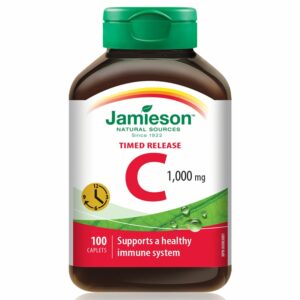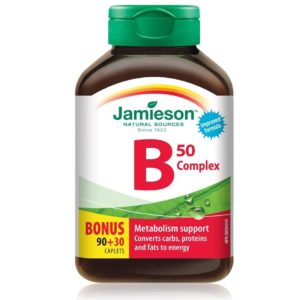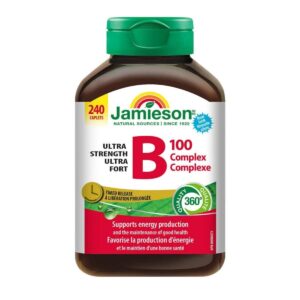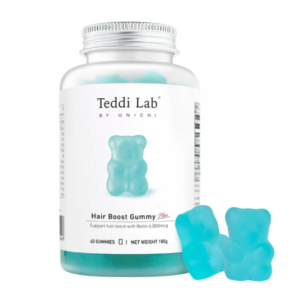
Get to know common vitamins and minerals
What your body needsdefend his lifeHow well do you understand minerals? Do you know the benefits of the vitamins you ingest? Vitamins are essential nutrients that ensure normal bodily functions. Vitamins promote energy production, boost immunity, repair tissues, and keep the brain and nervous system functioning well, which is why we can maintain a healthy and active lifestyle.
Vitamins and minerals help maintain healthy skin and make us look younger. The human body needs small amounts of vitamins daily, but unfortunately, most vitamins cannot be produced by the body itself, so we must rely on diet to obtain a certain amount of nutrients. A balanced diet is the main source of essential vitamins. However, it is difficult to obtain sufficient vitamins solely from food. Therefore, we need to obtain vitamin supplements to meet our daily needs. This article focuses on some basic information about vitamins and their benefits to the human body.
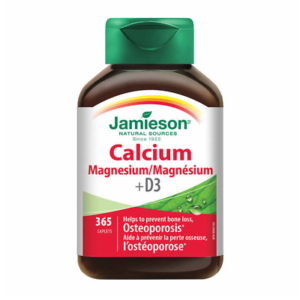
What kinds of vitamins are there?
Vitamins can be divided into fat-soluble vitamins and water-soluble vitamins. Fat-soluble vitamins are stored in the body in the form of fat, meaning that excess fat-soluble vitamins can be stored for future use. Fat-soluble vitamins include vitamins A, D, E, and K. Dairy products, animal liver, and oily fish are rich sources of fat-soluble vitamins. Water-soluble vitamins, on the other hand, cannot be stored in the body. Once ingested, these vitamins are quickly absorbed, and the unabsorbed ones are excreted. Therefore, we need to replenish these vitamins. Water-soluble vitamins include vitamins B1, B2, B3, B6, B12, folic acid, and vitamin C. Fruits and vegetables are the primary sources of these vitamins.
Types of Vitamins and Their Benefits
Our vitamin needs differ at each stage of growth. For example, the essential vitamins we need during pregnancy are different from those needed by older adults or young people. Understanding the benefits of each vitamin helps us adjust our vitamin intake to stay healthy at every stage.
1.Vitamin A
- Helps maintain healthy skin;
- Boost immunity;
- Promotes healthy bone and teeth development;
- Promotes visual and eye health, especially in children;
- It helps stimulate the body's iron metabolism.
Note: Vitamins are essential for children's healthy growth. Foods rich in Vitamin A include green leafy vegetables, citrus fruits, animal liver, eggs, and fish oil.
2.Vitamin B.
Vitamin B is a unique category of eight water-soluble vitamins. Dietary supplements containing these eight vitamins are also known as vitamin B complexes, and their benefits include:
Vitamin B1
- Promotes the function of the nervous system;
- It helps improve mental and emotional health;
- Promotes heart health.
Vitamin B2
- It makes the skin smoother and more elastic;
- Improve visual acuity and maintain eye health;
- Protect human cells from oxidative stress;
- Promotes the function of the nervous system;
- It helps maintain red blood cells.
Vitality B3
- Promotes skin health;
- It helps relieve fatigue;
- It is beneficial to the health of the brain and nervous system.
Vitality B5
- Beneficial for brain health;
- It helps with the production of vitamin D.
Vitamin B6
- It is beneficial to the health of the brain and nervous system;
- Promotes protein and glycogen metabolism;
- Promotes the production of red blood cells in the human body;
- Boost immunity;
- It helps regulate metabolism in the human body;
- Promotes the health of the coronary arteries.
Biotin - Vitamin B7
- It helps in the metabolism of fats, carbohydrates, and proteins;
- It is beneficial to the health of the brain and nervous system;
- Promotes healthy hair growth and skin health.
Vitamin B12
- Stimulates the formation of red blood cells;
- It is beneficial to the health of the brain and nervous system;
- Promote the health of coronary arteries;
- It helps relieve fatigue.
folate
- It helps prevent birth defects in early pregnancy;
- Promotes normal fetal growth during pregnancy;
- Stimulates blood formation;
- Promote the health of coronary arteries;
- It helps improve mood and mental health;
- Enhance the body's immunity.
Note: For pregnant women in their first 1-3 months, it is essential to take at least 400 mg of folic acid supplements daily. Some common food sources rich in vitamin B include spinach, dried beans, peas, animal liver, broccoli, mushrooms, and citrus fruits.
3.Vitamin C
- Boosting the body's immunity by fighting infection and healing wounds;
- It helps maintain the health of gums, teeth, and bones;
- Maintain healthy collagen levels for healthy skin and a youthful appearance;
- It helps convert food into energy;
- Protect human cells from oxidative stress;
- Increases the absorption of iron in the body;
- Protect your eyes from oxidative damage caused by blue light.
Note: Vitamin C is a powerful antioxidant and anti-inflammatory agent needed by the human body. Therapists recommend a daily intake of at least 1000 mg of vitamin C to enjoy its significant benefits. Unfortunately, the human body cannot produce vitamin C on its own. Therefore, we must rely on regular nutritional supplements and a diet rich in vitamin C to obtain sufficient intake.
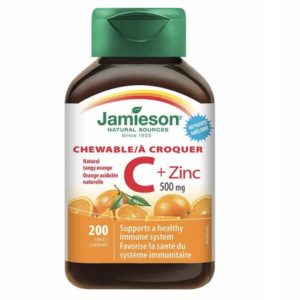
4.Vitamin D
- Essential for maintaining healthy bones and teeth;
- Promotes nerve cell formation and muscle function;
- Promotes the absorption of calcium and phosphorus in the human body;
- Boost immunity.
Note: Vitamin D helps strengthen bones, which is extremely important for both children and the elderly. Adequate vitamin D intake can protect older adults from low bone density and injuries from sudden falls.
5.Vitamin E
- Protect cells from oxidative stress;
- Some studies suggest that vitamin E may improve brain function;
- May help improve cardiovascular health
Note: Foods rich in vitamin E include whole grains, vegetables, peas, fish, and meat.
6.Omega-3 fatty acids
It can be divided into two categories:
EPA (eicosapentaenoic acid)
DHA (docosahexaenoic acid)
benefit:
- It may help stabilize blood pressure;
- Breast milk is high in DHA, which can promote children's brain health and visual acuity.
- It can prevent age-related eye degeneration and protect eye health.
Note: To ensure healthy growth for infants and young children, pregnant and breastfeeding mothers are advised to consume one to two servings (140 grams) of oily fish per week. Good sources of Omega-3 fatty acids include oily fish (such as salmon, herring, fresh tuna, and mackerel). Other reliable plant-based sources include walnuts, flaxseeds, soy products, and pumpkin seeds.
7.鋅
- Promotes the growth of new cells;
- It helps with the metabolism of vitamin A;
- Supports the healthy development of hair, skin, and nails;
- It may have a good therapeutic effect on age-related eye problems.
Related Post:
Related Products:
-
Jamieson – Long Lasting Vitamin C 1000mg 100 Tablets
Original price was: $138.00.$118.00Current price is: $118.00. Add to basket -
Jamieson – Natural Vitamins B complex 50 120 capsules
Original price was: $168.00.$108.00Current price is: $108.00. Add to basket -
Unichi – Teddi Lab® Gummy Bears Gummy Bears for Hair Growth Upgraded Sea Salt and Green Titanium Flavour 60 Capsules
Original price was: $170.00.$125.00Current price is: $125.00. Add to basket

































































